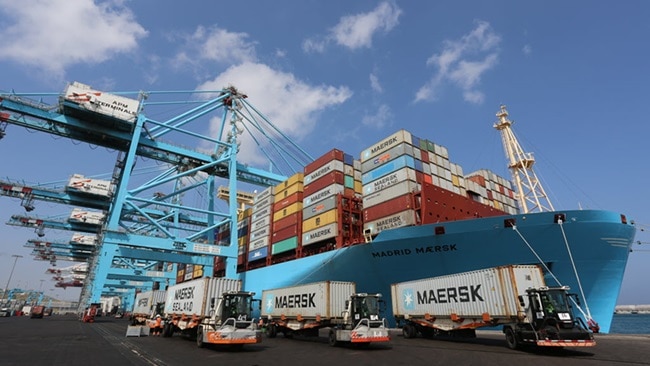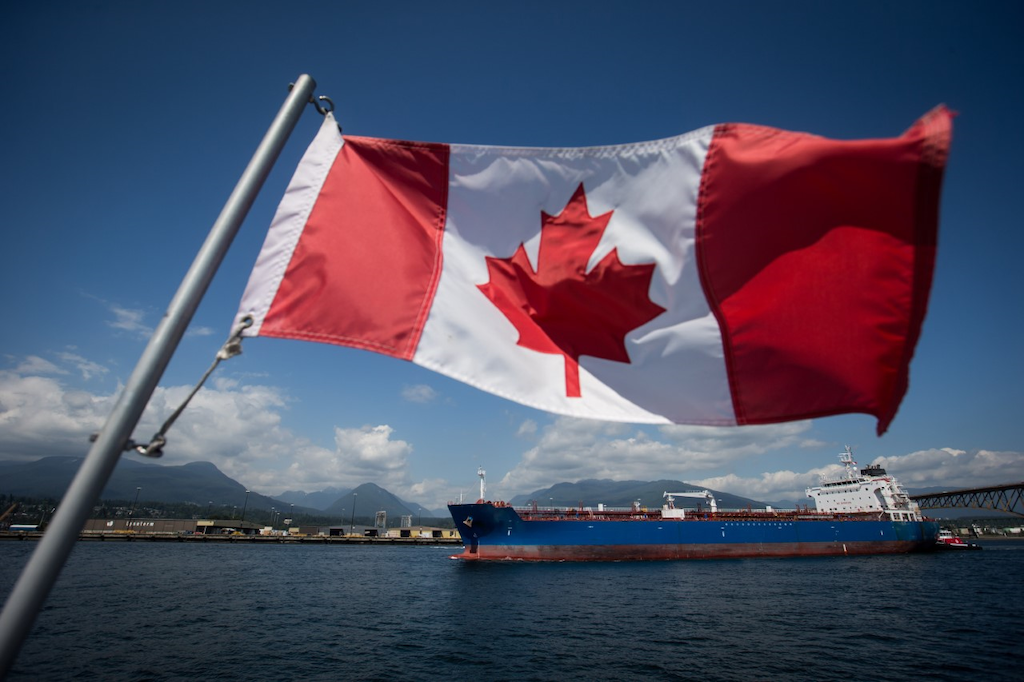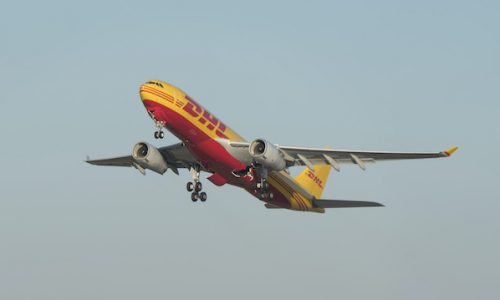
Danish shipping giant AP Moller-Maersk had a “financially strong” 2020 first quarter but expects Q2 volumes to dive, “possibly by as much as 20%-25%” across all businesses in a “challenging” year.
Despite the COVID-19 pandemic’s “profound impact on global trade” the company saw Q1 operating earnings increased 23% year-on-year.
The strong results were made during a quarter with “sharp fuel cost increases” derived from the industry’s switch to low-sulphur fuel and on the backdrop of a contraction in global trade due to lockdowns in most regions.
Søren Skou, chief executive of AP Moller-Maersk, said: “Looking into Q2 2020, visibility remains low as a result of the COVID-19 pandemic. We continue to support our customers in keeping their supply chains running, however as global demand continues to be significantly affected, we expect volumes in Q2 to decrease across all businesses, possibly by as much as 20%-25%.
“2020 is a challenging year, but as we proactively respond to lower demands and show progress in our transformation and financial performance, we are strongly positioned to weather the storm.”
The global market growth in demand for containers is expected to contract in 2020 due to COVID-19 (previously between 1%-3% growth). Organic volume growth in Ocean is expected to be in line with or slightly lower than average market growth.
Group earnings before interest, tax, depreciation and amortisation (EBITDA) improved 23% to 41.5bn compared to Q1 last year and the EBITDA margin increased to 15.9%.
Revenue increased slightly to $9.6bn, despite lower volumes and mainly driven by 0cean.
AP Moller-Maersk said that he usage of digital services “increased significantly” as customers benefitted from the convenience of managing their supply chains remotely. The Maersk app experienced an 86% increase in usage.
“The transformation of AP Moller-Maersk from a diversified conglomerate to becoming a focused, integrated and digitised global logistics company continues to be validated also in this quarter, as we are serving our customers, connecting and digitising their supply chains, while also growing earnings and free cash flow in difficult circumstances,” said Søren Skou.
More than 90 sailings were blanked in Q1, leading to a decline of 3.5% in Maersk’s average deployed capacity.
For Q2, it will continue measures to mitigate the impact of declining demand. Unit cost at fixed bunker decreased by 2.3%, mainly due to optimisation in capacity, which offset the lower volumes.

